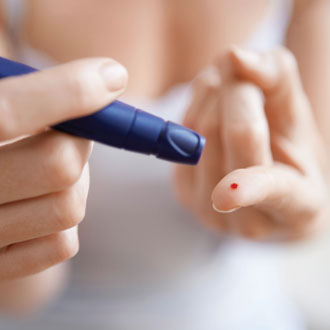Yes

GP practices do need to be incentivised, although the assessment can really be done in the last two minutes of a consultation.
The QOF would be the quickest and easiest route, because that could be done tomorrow by taking money away from useless indicators. Currently, we’re incentivised for making an obesity register and the bigger the register the more we get paid, which makes no sense.
It is early days and NHS England has got its work cut out to think of something that the BMA is going to let happen – but I think at least managers have finally woken up. They have twigged that – as we have been telling them all along – if diabetes doesn’t get sorted out, that’s the end of the NHS. If they take steps to tackle obesity, they will also be doing a lot to prevent sleep apnoea, fatty liver disease and cardiovascular disease.
Of course, the scheme should also ensure there’s some investment around the interventions – there needs to be better access to activity and good nutrition, and that involves public health as much as the NHS, in terms of food reformulation and sugar reduction.
Professor David Haslam is a GP in Bedfordshire specialising in obesity and chair of the National Obesity Forum.
No

If we don’t do anything about diabetes then the situation is just going to be completely out of control, but there’s no point GPs finding someone at high risk of diabetes if there are no services available to help them.
It’s important we get the support set up to help people take more exercise, lose weight and adjust diet. Once that is available then there’s a reason for GPs to do something. Otherwise you’re hitting people with a stick by telling them they are at risk and not actually helping them.
Some areas have got fantastic support set up already – but in areas like mine, where we’re always struggling with underfunding and overspending, prevention is always the first thing that gets cut. We don’t have community dietetics, we have very little additional exercise support.
I know that there is evidence that we can prevent people progressing to diabetes, or progressing as rapidly, but please don’t get the GPs to do it all – there’s no point detecting people and saying ‘this is going to happen to you’, and then saying ‘well there’s nothing you can really do about it’.
Dr Kathryn Griffith is a GPSI in cardiovascular medicine in York and the RCGP clinical champion for kidney disease.
Pulse October survey
Take our July 2025 survey to potentially win £1.000 worth of tokens





 Oviva’s fully remote Tier 3 Weight Management programme
Oviva’s fully remote Tier 3 Weight Management programme






